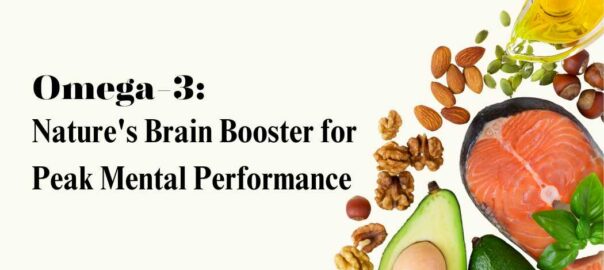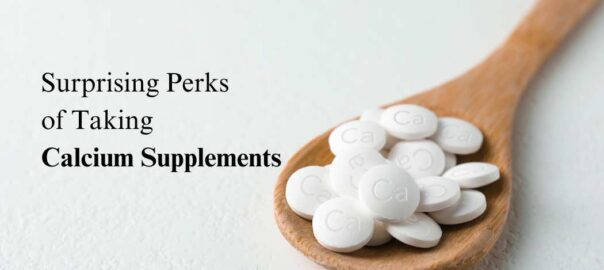
Iron is a vital mineral that plays a crucial role in various physiological processes within the human body. From oxygen transport to energy production, iron is essential for overall health and well-being. However, beyond its well-known functions, recent research has shed light on the intricate relationship between iron levels and immune function, suggesting that maintaining optimal iron levels may be key to supporting a robust immune system.
Understanding Iron and its Role in the Body
Iron is a mineral that is found in every cell of the body, primarily in red blood cells, where it helps carry oxygen to tissues and organs. Additionally, iron is involved in the production of energy, DNA synthesis, and enzyme function. There are two forms of dietary iron: heme iron, found in animal products such as meat and poultry, and non-heme iron, found in plant-based foods like beans, lentils, and fortified cereals.
The Link Between Iron Levels and Immunity
The relationship between iron levels and immune function is complex and multifaceted. Iron plays a crucial role in the proliferation and activation of immune cells, including lymphocytes and macrophages, which are essential for fighting off infections and maintaining overall immune surveillance. However, both iron deficiency and iron overload can have detrimental effects on immune function.
Research has shown that iron deficiency can impair immune responses, making individuals more susceptible to infections and illness. On the other hand, excessive iron accumulation, known as iron overload, can lead to oxidative stress and inflammation, which may contribute to chronic diseases and autoimmune disorders.
Factors Affecting Iron Levels
Several factors can influence iron levels in the body, including dietary intake, absorption, and utilization. While heme iron from animal sources is more readily absorbed than non-heme iron from plant sources, certain dietary components can enhance or inhibit iron absorption. For example, vitamin C can enhance iron absorption, while tannins found in tea and coffee can inhibit it.
In addition to dietary factors, certain health conditions and lifestyle habits can also affect iron levels. Conditions such as gastrointestinal disorders and menstrual bleeding can increase the risk of iron deficiency, while chronic inflammation and genetic disorders can lead to iron overload.
Maintaining Optimal Iron Levels for Immune Health
To support immune function and overall health, it’s important to ensure adequate iron intake and absorption. Incorporating a variety of iron-rich foods into your diet, such as lean meats, seafood, beans, nuts, and leafy green vegetables, can help meet your daily iron needs. Pairing iron-rich foods with vitamin C-rich foods, such as citrus fruits, bell peppers, and strawberries, can enhance iron absorption.
In some cases, supplementation may be necessary to address iron deficiency or meet increased iron requirements. However, it’s important to consult with a healthcare professional before starting any supplements, as excessive iron
Supplementation can have adverse effects.
In addition to dietary strategies, adopting healthy lifestyle habits can also support optimal iron levels and immune function. Regular exercise, adequate sleep, and stress management can help reduce inflammation and promote overall well-being.
Conclusion
In conclusion, iron plays a critical role in supporting immune function and overall health. By understanding the link between iron levels and immunity and taking steps to maintain optimal iron status through diet, supplementation, and lifestyle habits, individuals can support their immune system and reduce their risk of illness and disease. Remember, a balanced approach to iron intake and utilization is key to unlocking the benefits of this essential mineral for long-term health and vitality.
FAQ’s
Iron plays a crucial role in the immune system by supporting the proliferation and activation of immune cells, such as lymphocytes and macrophages, which are responsible for fighting off infections and maintaining immune surveillance
Iron deficiency can impair immune function, making individuals more susceptible to infections and illness. Without an adequate supply of iron, the body may struggle to produce enough immune cells to mount an effective response against pathogens.
Yes, excessive iron accumulation, known as iron overload, can lead to oxidative stress and inflammation, which may compromise immune function. Iron overload has been linked to an increased risk of chronic diseases and autoimmune disorders.
Iron is found in both animal and plant-based foods. Good sources of heme iron include red meat, poultry, and seafood, while non-heme iron can be found in beans, lentils, fortified cereals, and leafy green vegetables.
Pairing iron-rich plant foods with vitamin C-rich foods, such as citrus fruits, bell peppers, and strawberries, can enhance iron absorption. Avoiding the consumption of tea and coffee with meals can also help improve iron absorption from plant-based sources.
Certain health conditions, such as gastrointestinal disorders and menstrual bleeding, can increase the risk of iron deficiency. Additionally, individuals following vegetarian or vegan diets may be at higher risk of iron deficiency if they do not consume enough iron-rich plant foods.








